Tear Down and Board Analysis
As with the RTX 2070 EX, KFA2 relies on a true board design and goes its own way when fitting the voltage converters, which this time are due somewhat to the price. The two ATX power supply connections with an 8-pin and a 6-pin socket are not special. There are two real rails leading from the sockets to the board. These two rails, as well as the power supply from the motherboard slot, are each provided with a 1H coil for the smoothing of possible spikes and each have its own shunt for the monitoring of the current flow.
The cost-down of the KFA2 GeForce RTX 2060 Super EX can be seen, among other things, by the fact that the second BIOS with DIP switch is provided on the board, but has not been implemented here (picture above, right center). On the back you can see that e.g. an RGB-illuminated backplate would have been possible (image below, left edge, upper third). Otherwise, however, the board is fully equipped, even if you have even omitted five solid capacitors compared to the 2070 EX.
Let’s start with the most interesting part! The new uP9512R is used here as a 6-phase PWM controller specifically designed to provide high-precision output voltage systems for the latest generation of GPUs. The uP9512R has programmable output voltage and active voltage positioning functions to adjust the output voltage depending on the load current, so that it is optimally positioned for a good load current transition.
It supports NVIDIA Open Voltage Regulator Type 4i+ with PWMVID function. The PWMVID input is buffered and filtered to create a very accurate reference voltage. The output voltage is then precisely controlled on the reference input. The integrated SMBus interface offers enough flexibility to optimize performance and efficiency and also to connect the appropriate software.
One feature of the uP9512R is the control of discrete voltage regulators with high- and low-side MOSFETs via a separate gate driver. KFA2 therefore dispenses with the more expensive, highly integrated PLC (Smart Power Stage) in favour of a cheaper solution consisting of individual components. We count a total of 6 voltage converter circuits for the GPU. The two phases for storage are generated by a dual-buck controller (uP9512P).
The following table contains the most important components:
Cooler and backplate in detail
The radiator design does not contain any secrets. A slat area sits on a massive aluminum heat sink that carries the copper GPU heat sink. The heatpipes were then pressed in between the two blocks. The circumferential metal frame of the radiator construction ensures an active cooling of the storage by means of intermediate thermal guide pads. 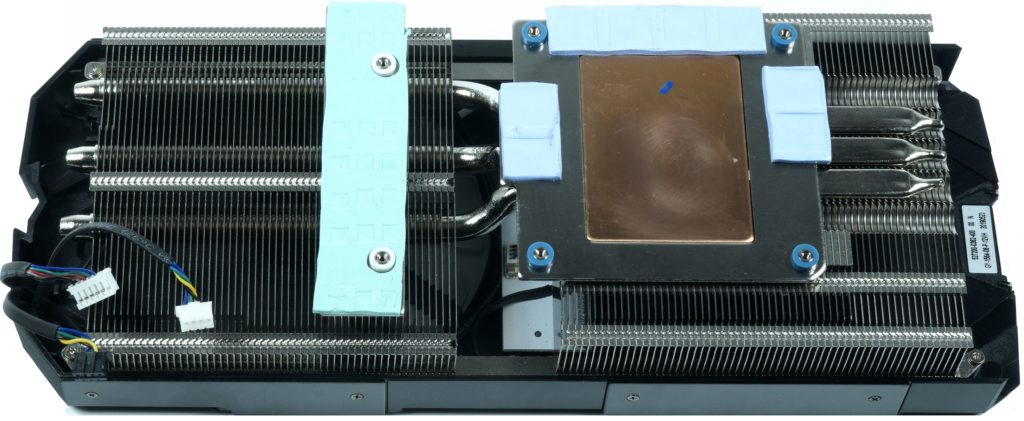
For the voltage converters there is an extra heatsink, laudable. A total of three 8 mm heatpipes then distribute the waste heat to the cooling fins, with all five transporting the waste heat along the side to the radiator end, while a heat pipe still serves the outside of the cooling block above the GPU. KFA2 uses a fan arrangement with two 9.7 cm fans, which also harmonize well with the two-part radiator structure. now we also know why the card is about 100 grams lighter than the RTX 2070 EX, because two heatpipes have been omitted.
The blackened aluminium backplate does not cool anything and is used exclusively for stabilization. But the quite large cooler also does what it is supposed to do. More in more detail later on.
| Cooling system at a glance | |
|---|---|
| Type of cooler: | Air |
| Heatsink: | Copper |
| Cooling fins: | Aluminum, vertical alignment |
| Heatpipes | 3x 8-mm copper composite, nickel-plated |
| VRM cooling: | GPU VRM via built-in heatsink |
| RAM cooling | via heatsink frame |
| Fan: | 2x 9.7 cm fan, 2x 10 cm openings Fan stop |
| Backplate | Aluminum no cooling function |
KFA2 GeForce RTX 2060 SUPER EX (1-Click OC), 8GB GDDR6, HDMI, 2x DP (26ISL6MPX2EK)
KFA2 GeForce RTX 2060 SUPER (1-Click OC), 8GB GDDR6, DVI, HDMI, DP (26ISL6HP39SK)















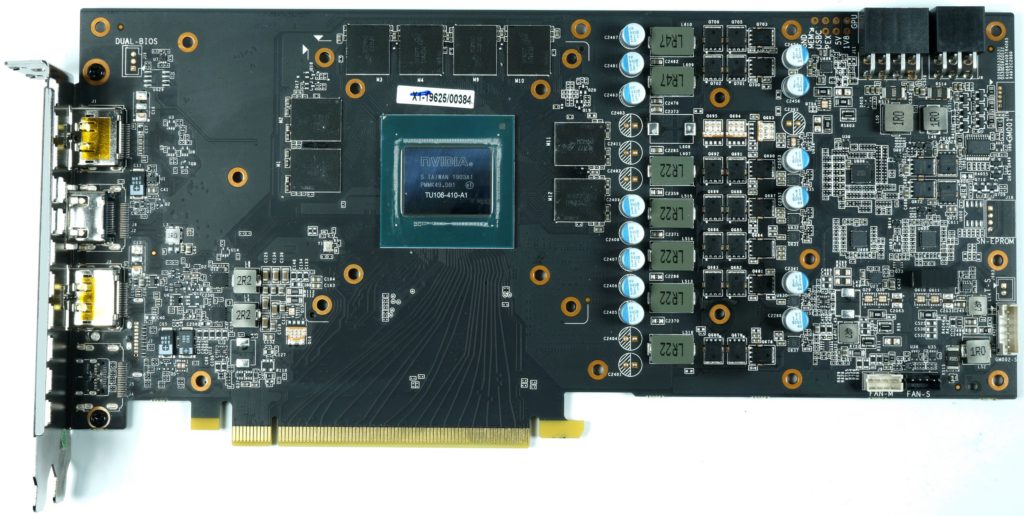
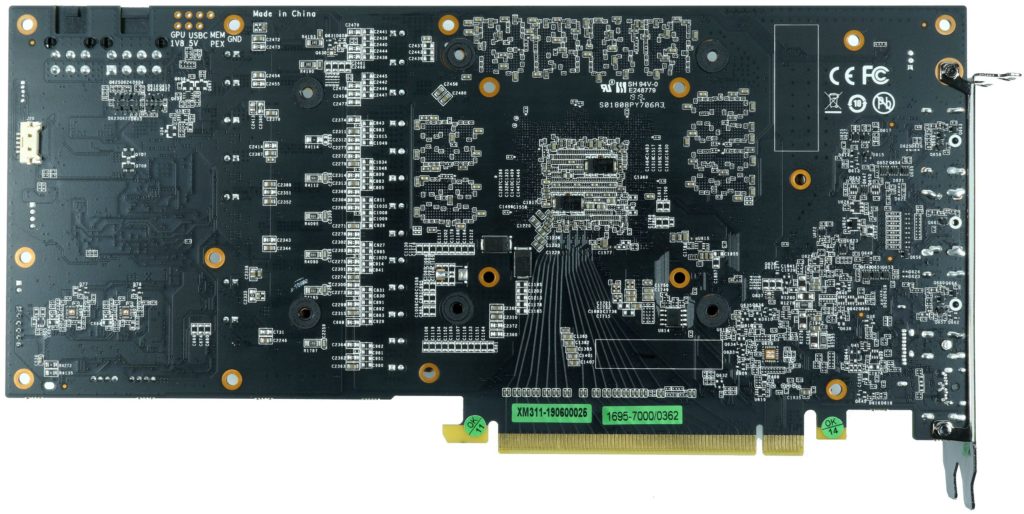
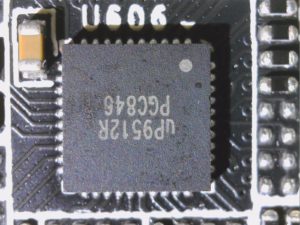
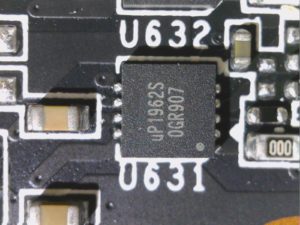
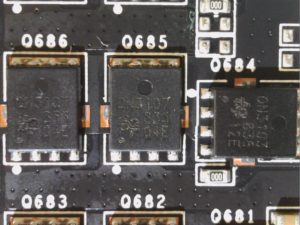
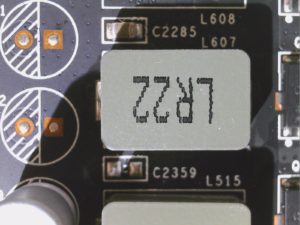
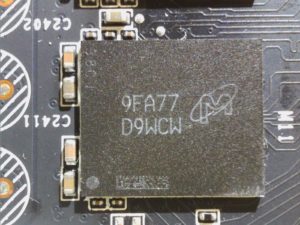
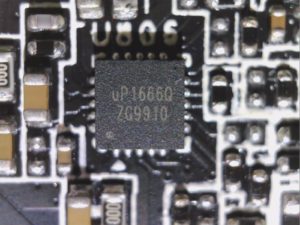
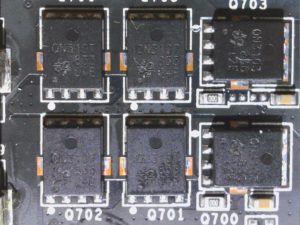
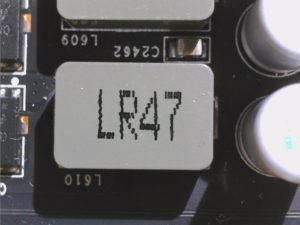
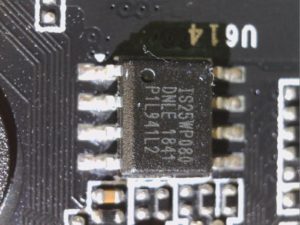
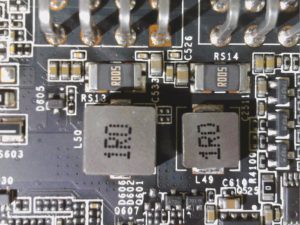
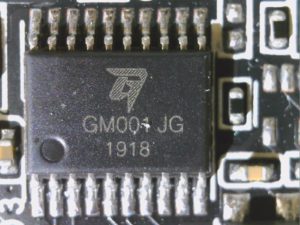
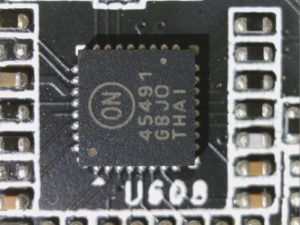
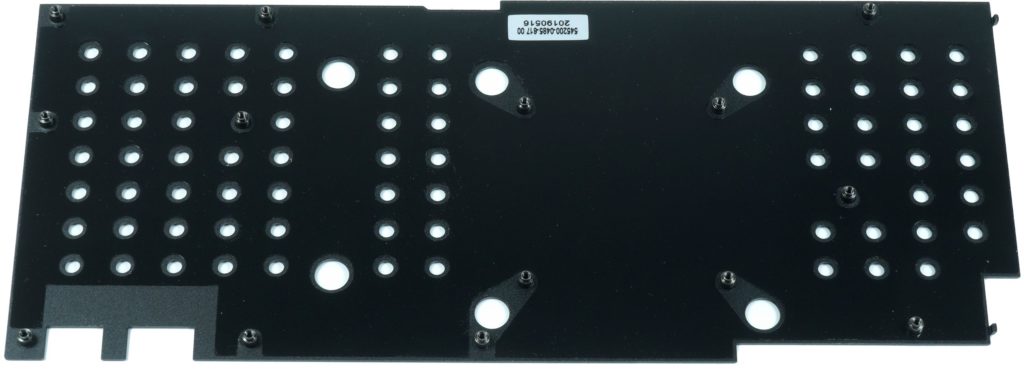

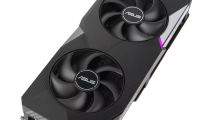


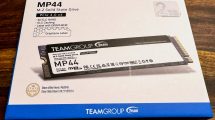

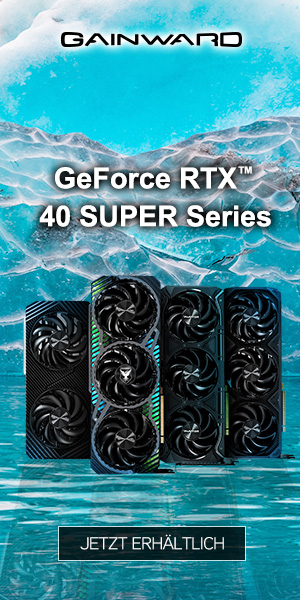

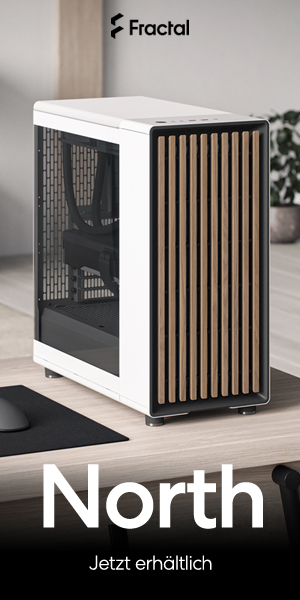


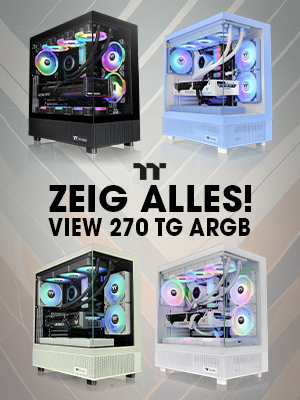



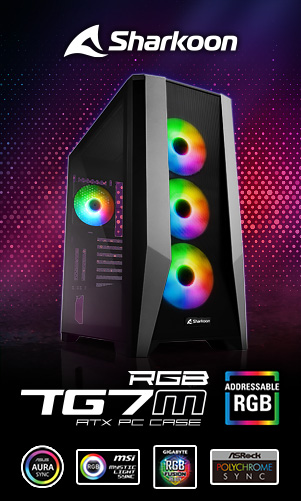


Kommentieren